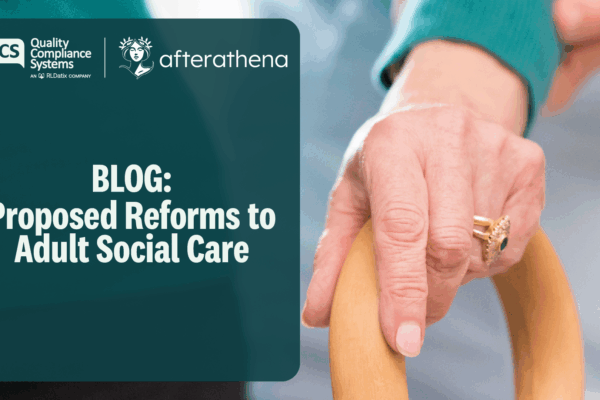A recent news story about allegations of ill-treatment by a worker in a Cumbrian care home has prompted me to write about the protection that the law offers vulnerable adults in England and Wales. The charges in this particular case were under section 44 of the Mental Capacity Act 2005 that made offences of the ill-treatment or wilful neglect by someone who has the care of someone who lacks capacity. As with all laws there are a few difficulties with definitions.
Defining capacity
The Mental Capacity Act is usually very clear when it talks about what ‘lack of capacity’ means – and that is decision specific. It is not helpful to say someone lacks capacity – we need to know exactly what someone lacks capacity to make a decision on. Section 44 doesn’t specify this though there is some case law that suggests this should mean capacity to make decisions about their own care. The offences of wilful neglect and ill-treatment should be treated as separate matters. ‘Ill-treatment’ is really about treatment that could harm the health of someone in care, ‘wilful neglect’ is deliberately not carrying out care and treatment knowing there was a duty of care to do it.
Other offences
There’s some less recent legislation concerning people who have a mental disorder. Section 127 of the Mental Health Act 1983 makes it an offence to ill-treat or wilfully neglect someone being treated for a mental disorder in a care home or hospital, or for a guardian or someone who has care of someone with a mental disorder to ill-treat or wilfully neglect them in the community. Following the events at Winterbourne View, a number of staff were successfully prosecuted for this offence. The critical issue here is that it concerns offences against people who have a mental disorder but may still have the capacity to make decisions about their care.
Newer offences
Sexual activity with someone who has a mental disorder and has not consented or cannot consent, is not part of the Mental Capacity Act but is covered by the Sexual Offences Act 2003.The Sexual Offences Act 2003 also makes it an offence for someone who is a paid carer (such as a care home worker) to have a sexual relationship with someone in their care, regardless of consent.
In addition to the above, the Care Standards Act 2000 created offences of the failing to comply with conditions attached to the home’s registration, and those could concern issues of care and treatment such as misuse of medication or restraint. More recently, the Criminal Justice and Courts Act 2015 brought in new offences involving ill-treatment and wilful neglect where one person is involved in the care of another in a paid capacity. In addition, the care worker’s employer may also be liable if their failings as an organisation had been a factor in the actions of the care worker.
More information
For more information on this topic, there is a useful introductory leaflet about offences against older people produced by the Crown Prosecution Service available here.
David Beckingham – QCS Expert Mental Health Contributor





